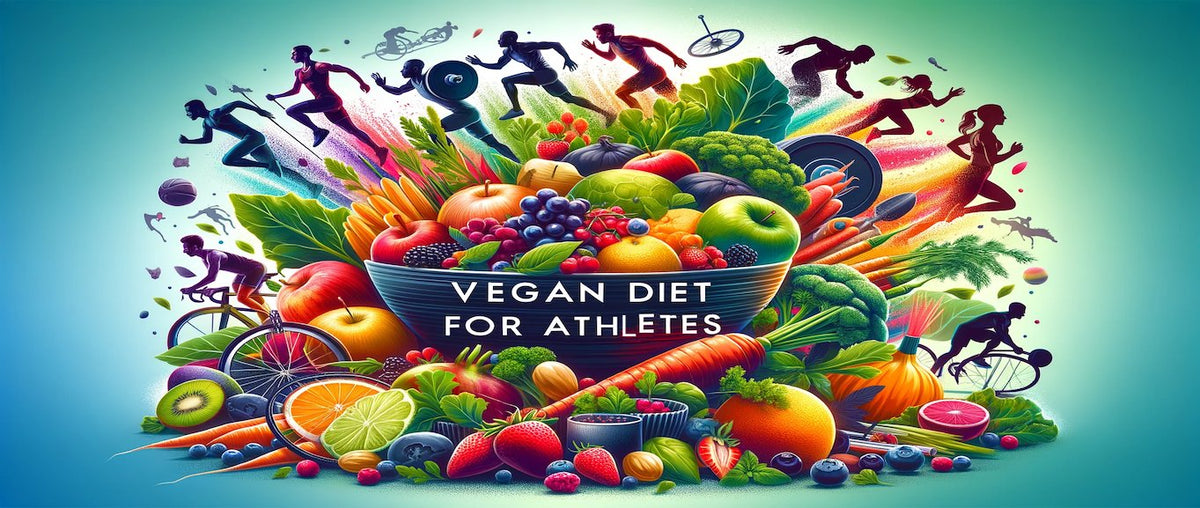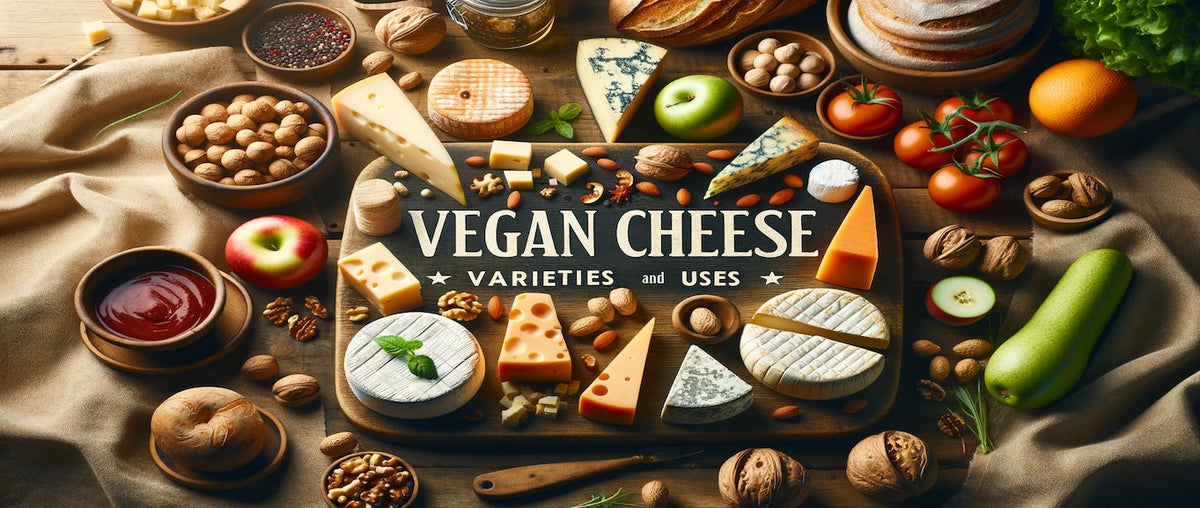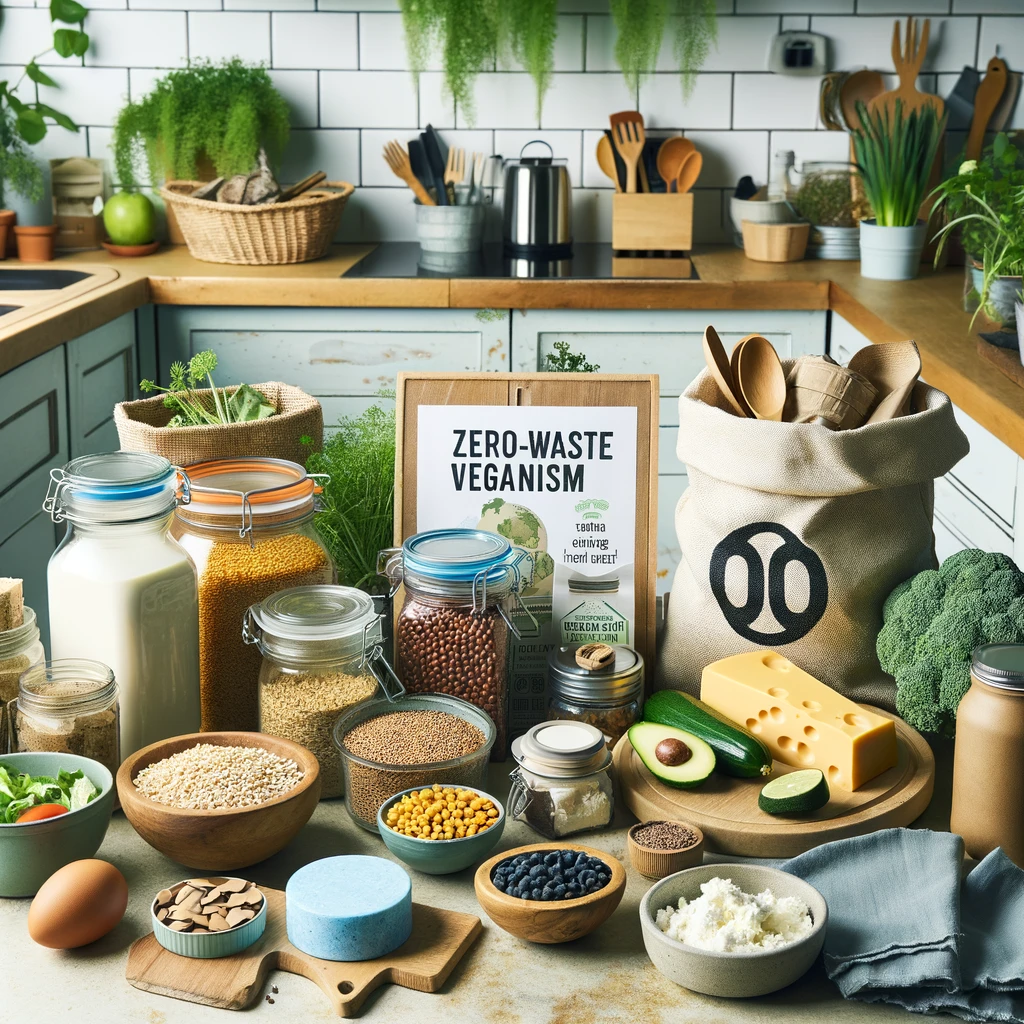The Ultimate Guide to a Vegan Diet for Athletes
The rise in popularity of
Key Takeaways
- A vegan diet can fully support athletic training and performance.
- Benefits include improved recovery, heart health, and potentially enhanced endurance.
- Key nutritional focuses: protein, carbohydrates, fats, and essential vitamins and minerals.
- Tips for transitioning to veganism.
Vegan Diets: Practical Advice for Athletes and Exercisers
Transitioning to a vegan diet can seem daunting for athletes accustomed to traditional diets. However, with proper planning, it can be straightforward and beneficial. Here are some practical tips:
- Start Gradually: Transitioning slowly can help your body adapt. Begin by replacing one meal a day with a vegan option.
- Focus on Whole Foods: Emphasize fruits, vegetables, whole grains, nuts, and seeds.
- Monitor Protein Intake: Incorporate a variety of plant based protein sources such as legumes, tofu, tempeh, and seitan.
- Stay Hydrated: Adequate hydration is key, especially when increasing fiber intake.
- Supplement Wisely: Pay attention to nutrients that may be lacking, such as B12, iron, and omega-3 fatty acids, and consider supplementation if necessary.

Ethics Approval and Consent to Participate
When considering a vegan diet, athletes often encounter ethical decisions about food consumption and its impact on health, environment, and animal welfare. It's essential to make informed choices:
- Understand the Impact: Research the environmental and ethical implications of Veganism.
- Personal Health Considerations: Consult with healthcare professionals to ensure the diet meets all personal health requirements.
- Informed Decisions: Stay informed about the sources of your food and choose ethically produced options when available.
Is a Vegan Diet OK for Young Athletes?
Parents and coaches might wonder about the appropriateness of a vegan diet for young athletes. The answer is yes, with proper planning:
- Balanced Nutrition: Ensure a wide variety of foods to meet nutritional needs.
- Growth and Development: Pay extra attention to calories, protein, calcium, iron, and vitamin B12 to support growth.
- Consultation with Professionals: Seek advice from a pediatrician or a dietitian specializing in sports nutrition for young athletes.
Vegan Diets for Athletic Training and Performance
Athletes embarking on a vegan diet can experience significant benefits in their training and performance. The key lies in understanding how to optimize the diet for energy and recovery:
Optimizing Energy Levels
- Carbohydrate-Rich Foods: plant based foods such as whole grains, fruits, and starchy vegetables provide the necessary carbohydrates for energy.
- Sustained Energy: Foods like vegan cheese and plant based cheese can be incorporated into meals for added flavor without compromising the energy quotient.
Enhancing Recovery
- Protein Sources: Incorporating a variety of plant based proteins like legumes, cashew butter, and tofu ensures adequate muscle repair.
- Anti-Inflammatory Foods: Vegan diets rich in fruits and vegetables can help reduce inflammation, aiding in quicker recovery.
The plant based Diet for Muscle Gain and Strength
Gaining muscle and strength on a vegan diet is entirely achievable:
Protein-Rich Foods
- Legumes and Beans: Key for muscle building.
- Vegan Supplements: Products like vegan protein powders can supplement dietary intake.
Healthy Fats
- Nuts and Seeds: Sources of essential fatty acids, crucial for muscle health.
- Vegan Products like Cashew Butter: A delicious way to add extra calories and nutrients.
Vegan Nutrition for Athletes
To ensure optimal performance, athletes on a vegan diet should focus on:
Balanced Macronutrients
- Proteins: From sources like tofu, lentils, and vegan food products.
- Carbohydrates: Whole grains and fruits.
- Fats: Avocados, nuts, and vegan mayo for healthy fats.
Micronutrient Considerations
- Vitamin B12 and Iron: Supplements may be necessary.
- Calcium and Vitamin D: Found in fortified vegan products and sunlight exposure.

Meal Planning and Recipes for Vegan Athletes
Effective meal planning is crucial for vegan athletes to meet their nutritional needs:
Pre-Workout Meals
- Focus on easily digestible carbohydrates for energy. Options include oatmeal with fruits or toast with cashew butter.
Post-Workout Nutrition
- A combination of proteins and carbohydrates is key. Consider a smoothie with vegan protein powder, bananas, and a spoonful of vegan butter for healthy fats.
Recipe Ideas
- Breakfast: Tofu scramble with spinach and plant based cheese.
- Lunch: Quinoa salad with mixed vegetables, beans, and vegan mayo dressing.
- Dinner: Stir-fried tempeh with broccoli and brown rice, seasoned with vegan products for flavor.
Overcoming Challenges
Practical Challenges
- Dining Out: Look for restaurants with vegan options or those offering cholesterol-free foods.
- Social Situations: Bringing your own vegan products like vegan cheese or fat-free butter to gatherings can be helpful.
Athlete Spotlights and Success Stories
Highlighting successful athletes who follow a vegan diet:
- Endurance Athletes: Share stories of marathon runners and cyclists who rely on plant based products for sustained energy.
- Strength Athletes: Feature bodybuilders and weightlifters who have gained muscle and strength through plant based foods and vegan supplements.
Conclusion
Emphasizing the effectiveness and benefits of a vegan diet for athletes:
- Summarize the key advantages, including improved recovery, heart health, and potential for enhanced performance.
- Encourage trying a vegan diet, highlighting the availability of delicious options like Vegan Cheese, vegan butter , and plant based cheese .
Craving a delicious vegan meal? Look no further! We've got a guide to the best vegan restaurants in India, ready to help you discover amazing plant-based eats in your city.










